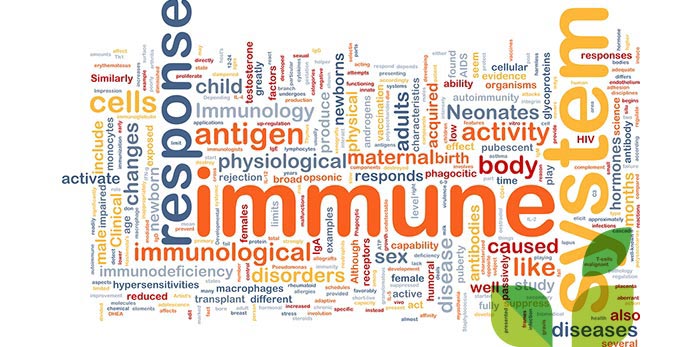|
Guillain-Barré syndrome (GBS) is a disorder in which the body's immune system attacks part of the peripheral nervous system.
The first symptoms of this disorder include varying degrees of weakness or tingling sensations in the legs. In many instances the symmetrical weakness and abnormal sensations spread to the arms and upper body. These symptoms can increase in intensity until certain muscles cannot be used at all and, when severe, the person is almost totally paralysed. In these cases the disorder is life-threatening - potentially interfering with breathing and, at times, with blood pressure or heart rate - and is considered a medical emergency.
Such an individual is often put on a ventilator to assist with breathing and is watched closely for problems such as an abnormal heart beat, infections, blood clots, and high or low blood pressure.
Most individuals, however, have good recovery from even the most severe cases of Guillain-Barré syndrome, although some continue to have a certain degree of weakness. |

